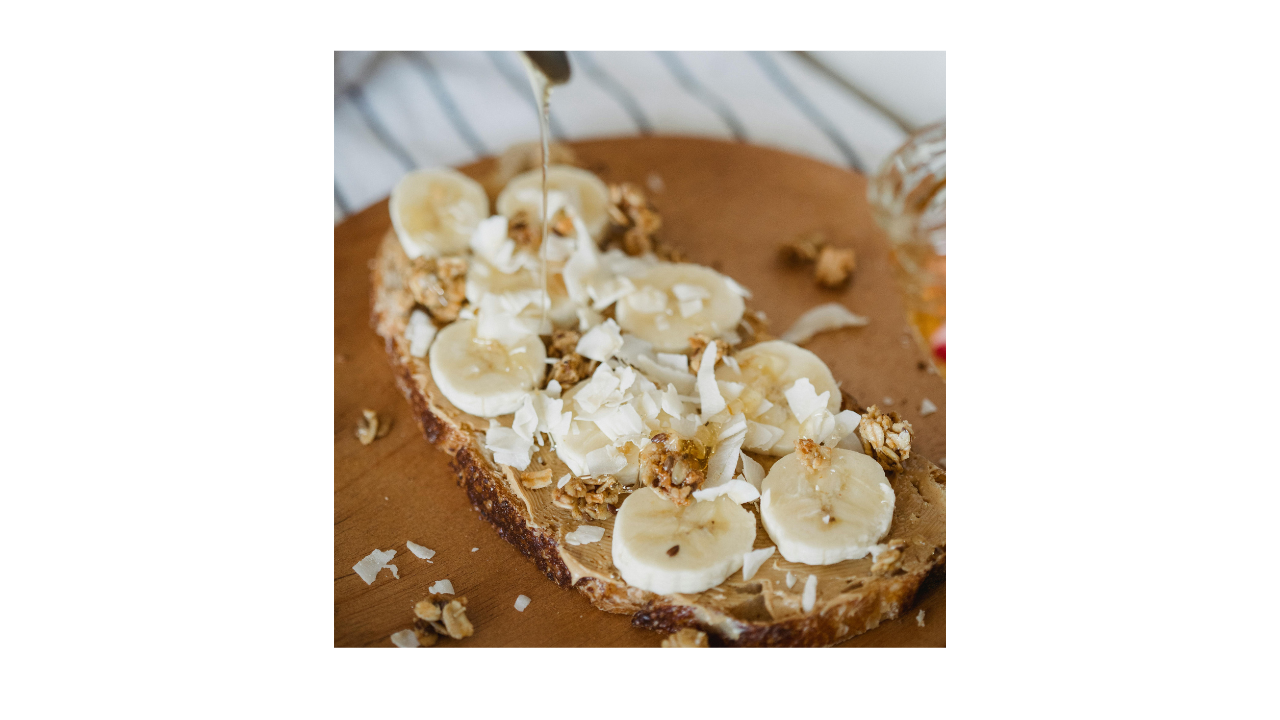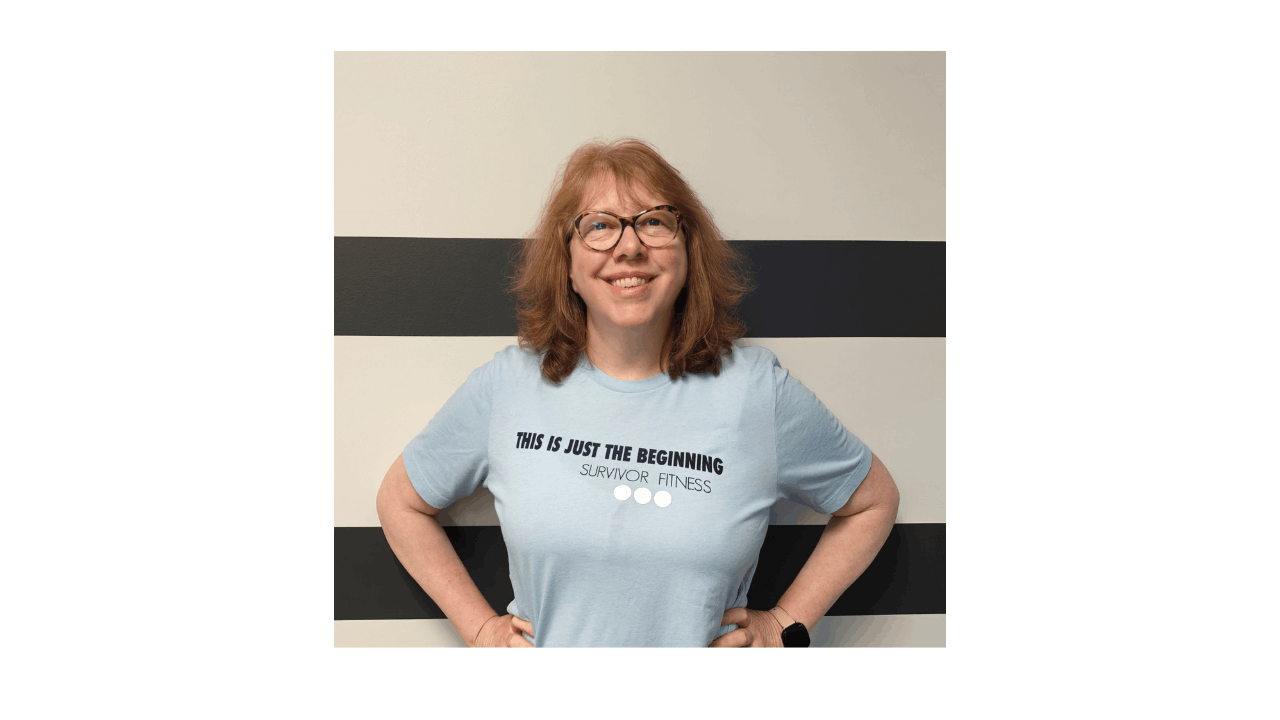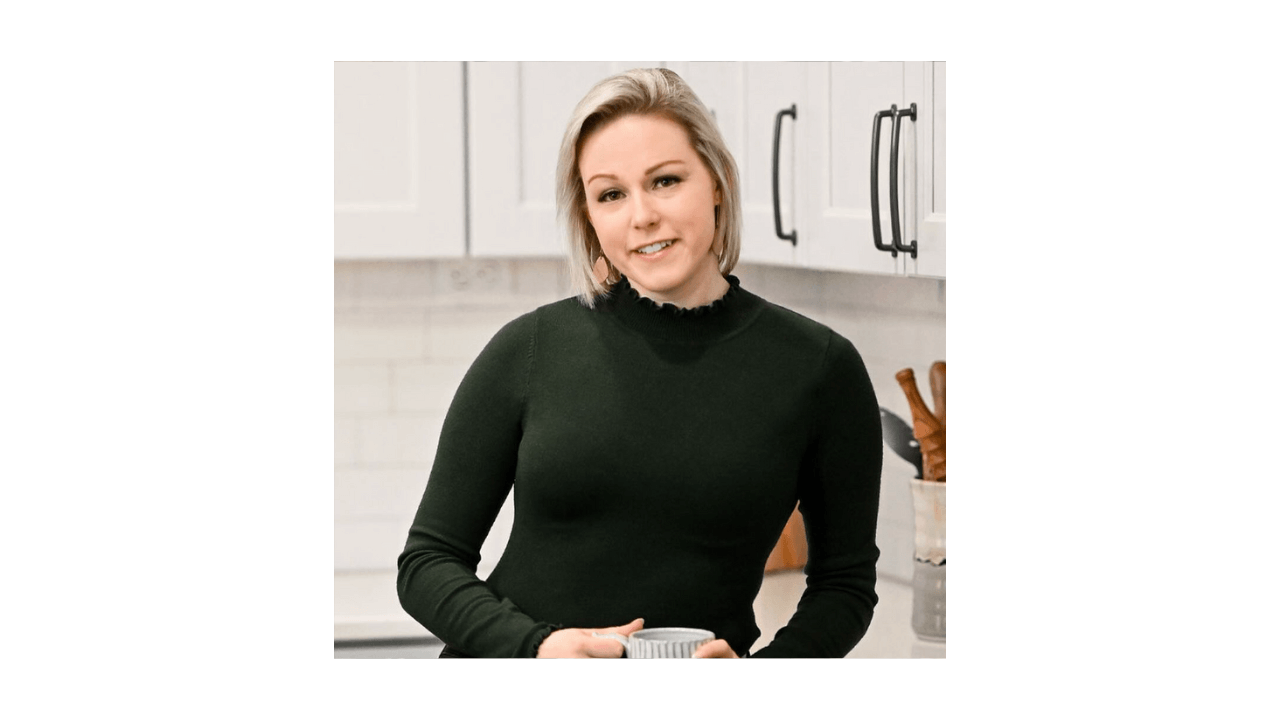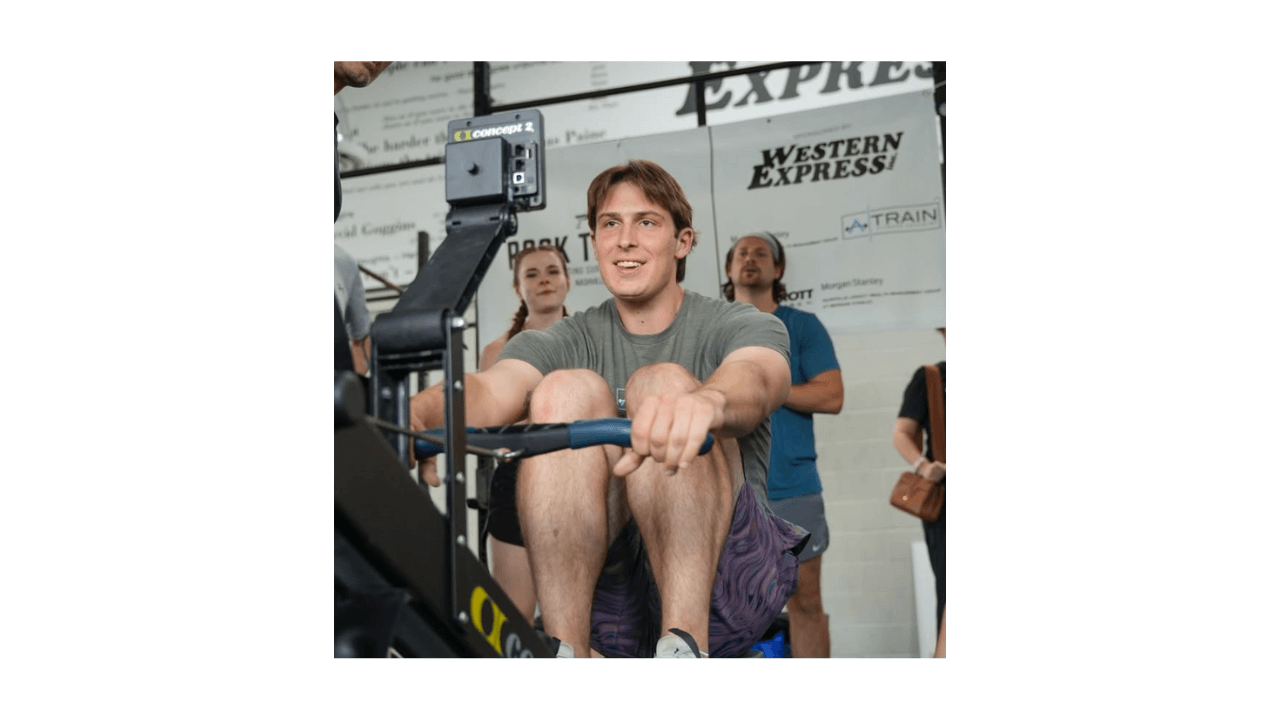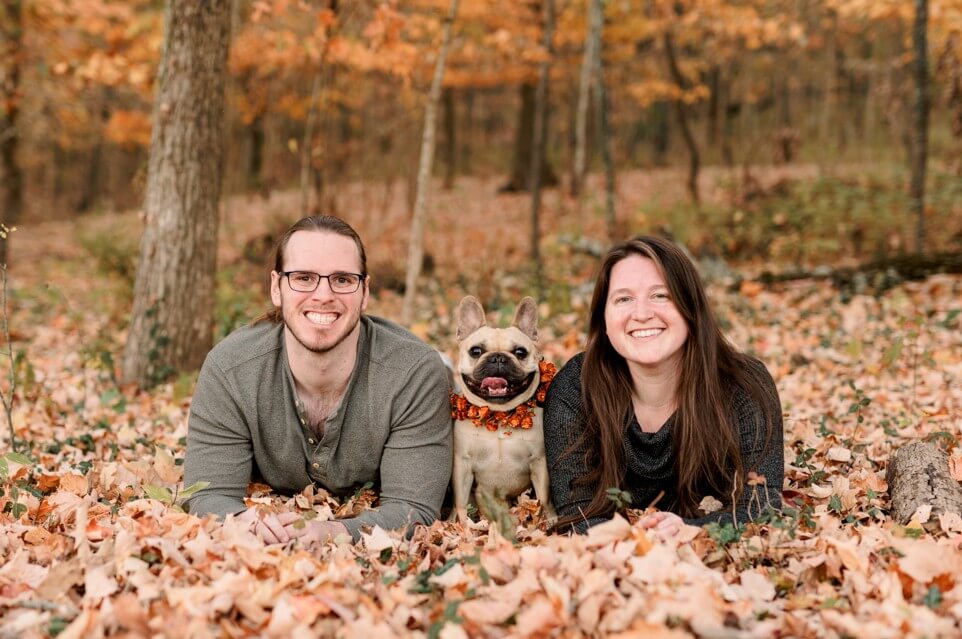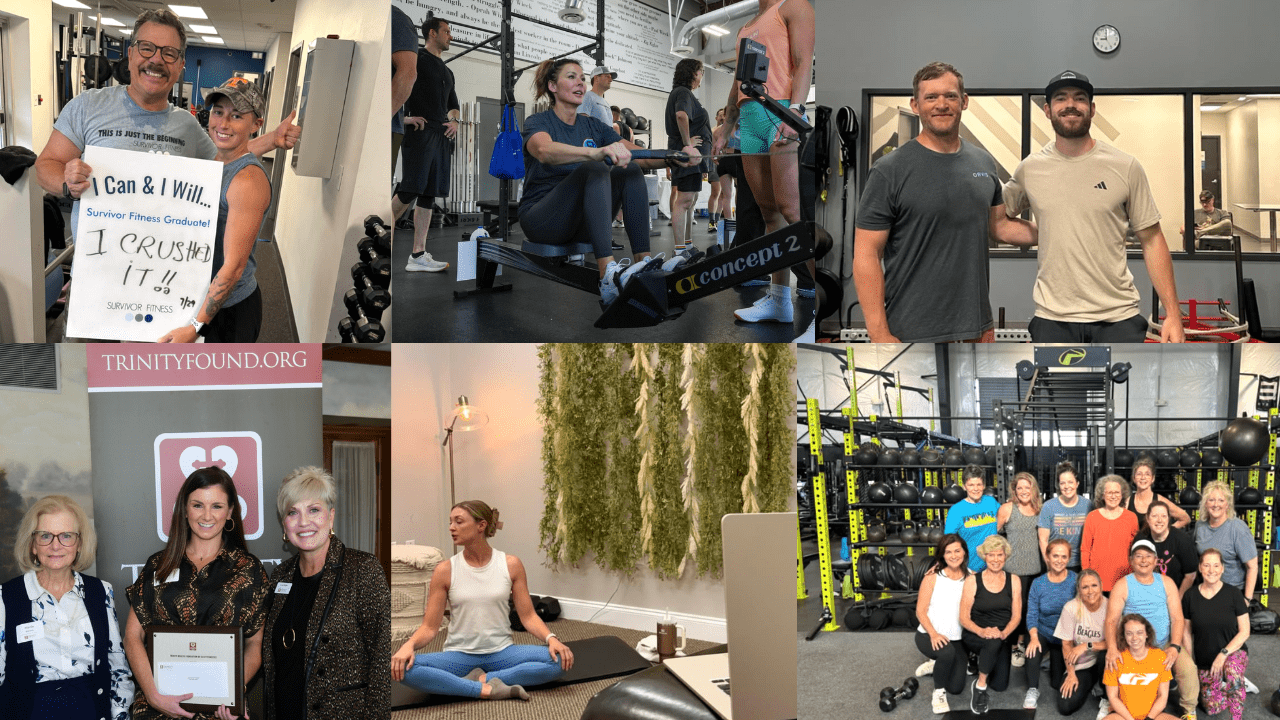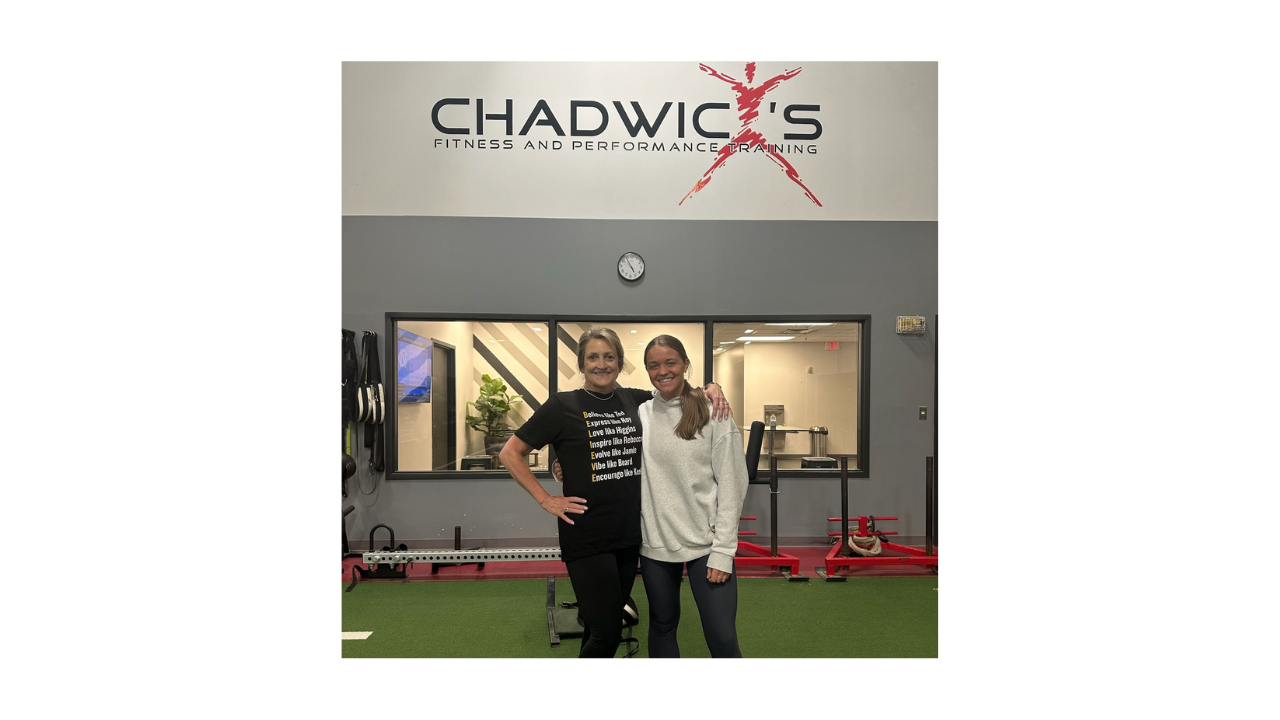Many survivors feel a sudden pressure to “get healthy” as quickly as possible after finishing cancer treatment. Often, this leads straight into the trap of diet culture. You might see advertisements for restrictive cleanses, lists of “forbidden” foods, and high-pressure weight loss challenges. For many survivors, the overwhelming amount of information often leaves them feeling more stressed than supported.
At Survivor Fitness, we see this every day. Participants start our programs because they want to feel healthy again, but they also carry fear around food. They worry about eating the wrong thing and managing their weight. They worry about their cancer coming back. Those fears are real. But restriction is not the answer.
In this article, we’ve gathered the best advice from our nutrition partners to clear up some of the confusion around managing weight after cancer treatment. Our hope is that these insights will help you move away from restrictive habits and toward a way of eating that truly fuels your recovery.
Why Diet Culture Falls Apart After Cancer
Diet culture tells us to control our bodies. It pushes rigid rules and frames food as something to fear.
Cancer turns that upside down. Treatment changes taste, digestion, and energy levels. Some people struggle to eat at all. Others find comfort in food after months of nausea. Many feel disconnected from their bodies.
That is why a one-size-fits-all diet never works. Jill Merkel, one of our nutrition partners, sees this often. “There’s so much misinformation and confusion about what to eat or not eat with a cancer diagnosis that people are afraid to eat,” Jill says. “Helping them to realize that there’s no perfect way of eating and helping them find what is right for them is my main goal.”
When someone finishes treatment, their body needs repair. Muscles need protein, and the immune system needs support. This requires finding a nutrition plan that works with your unique needs, preferences, and goals.
Nourishment Supports Real Healing
Research continues to show that nutrient-rich eating patterns help survivors recover and thrive. Diets rich in fruits, vegetables, whole grains, lean proteins, and healthy fats support immune function, reduce inflammation, and protect long-term health. These foods also help manage fatigue, which remains one of the most common challenges after treatment.
Lori Halton explains it well: “Nutrient-dense foods help manage chronic inflammation, support the immune system, and align perfectly with what survivors need to stay healthy after treatment.”
That shift removes fear and brings back freedom. It’s not about perfection. It’s about consistency. Small choices establish habits that create the energy survivors need to keep moving and living fully.
Ashley Teltow adds, “Food truly is medicine, especially for survivors whose immune systems are already compromised from treatment. We focus on what we can add to your plate to make meals more nutritious rather than listing off foods you should avoid.”
Intuitive Eating Builds Trust Again
Many survivors lose trust in their bodies during cancer. Treatments push the body to its limits, and they don’t feel in control.
This is where intuitive eating plays a powerful role in cancer recovery. It helps people reconnect with hunger, fullness, and satisfaction. It invites curiosity instead of judgment.
Chelsea Johnson shares, “Healing the relationship with food makes everything else more sustainable. We focus on listening to the body and adding nourishing foods instead of restricting. That supports both the body and the mind.”
When survivors stop fighting their bodies, they start hearing what they need. Some days that means a big, balanced meal. Other days it means small snacks and gentle nourishment. Both are part of healing.
Intuitive eating also helps people step away from guilt. No single meal will undo health. Finding peace with your approach to nutrition creates space for better habits to grow.
Energy Comes From Eating Enough
One of the most common struggles we hear from survivors is fatigue. Even after treatment ends, low energy can linger for months or even years. Many people assume the answer is to push harder or eat less to “get back in shape.” In reality, the opposite is often true.
Your body cannot rebuild on empty.
When you eat enough calories and the right mix of nutrients, you give your muscles what they need to recover. This is especially important for survivors who are getting back into exercise after treatment or rebuilding strength through programs like Survivor Fitness.
Carbohydrates matter. Protein matters. Staying hydrated matters. Each one plays a role in helping the body feel steady and strong.
Ellen Smartt puts it simply: “The process of making changes with nutrition needs to be enjoyable for it to last. So identifying foods and flavors you enjoy and creating healthy options with these choices can be a great place to start.”
If you love pasta, there are ways to incorporate healthy options into your meal plan. If you enjoy fruit, lean into it. If soups or smoothies feel easier on your stomach, start there. Sustainable nutrition begins with finding healthy, nutrient-rich foods you like and can eat consistently.
A Personalized Approach Changes Everything
Cancer does not look the same for anyone. Side effects vary. So do goals, preferences, and medical histories.
Allison Tallman reminds us, “Every cancer journey, and how it’s impacted a person’s diet, is different. Because each person’s cancer journey is so unique, it’s important to tailor their recovery plan, too.”
That is why working with experienced dietitians matters so much. Our partners do not hand out generic meal plans. They listen. They consider treatment history. They adjust plans as the body changes. That level of care helps survivors feel seen. It also helps them avoid extreme diets that can do more harm than good.
Find a Healthier Way Forward After Cancer Treatment
Moving away from diet culture is not about giving up on health. It is about choosing a better path to it.
At Survivor Fitness, we see this transformation every day. When survivors learn to fuel their bodies, healing becomes more than possible. It becomes sustainable.
If you are ready to build strength, support your immune system, and feel more confident around food, we are here to help. Our fitness, nutrition, and mental health programs work together to support every part of your recovery.
Learn more about our approach or apply to become a participant when you’re ready.
